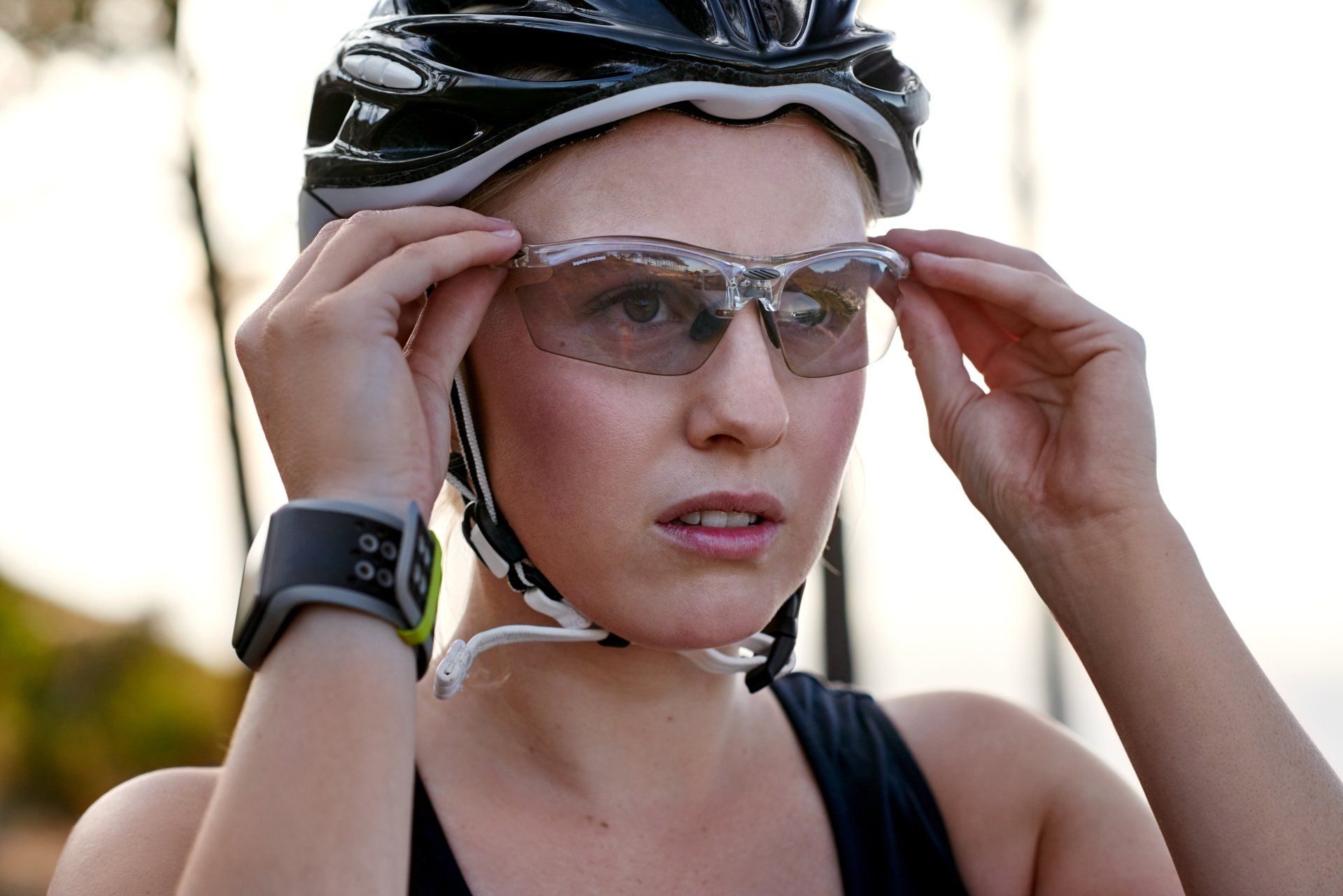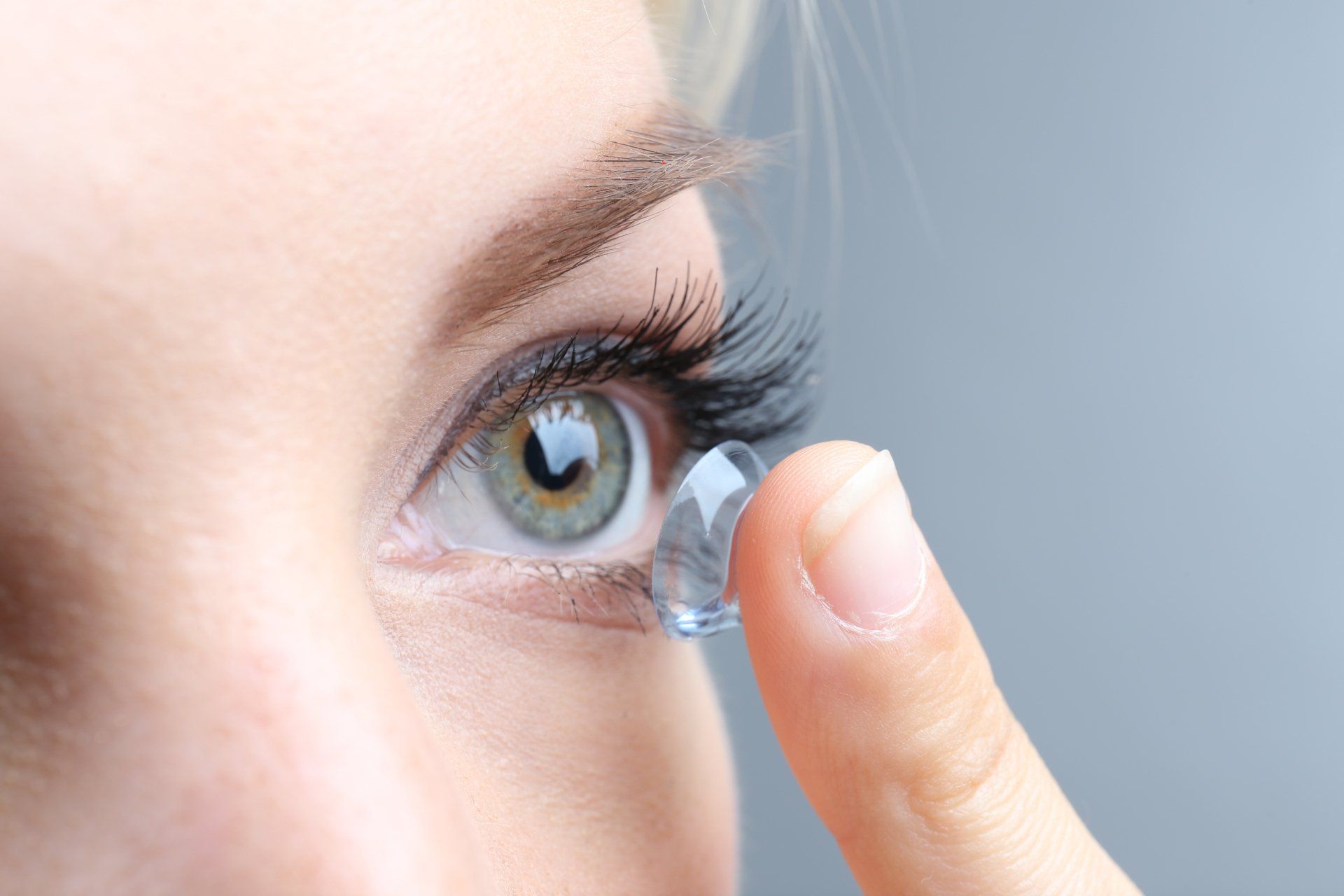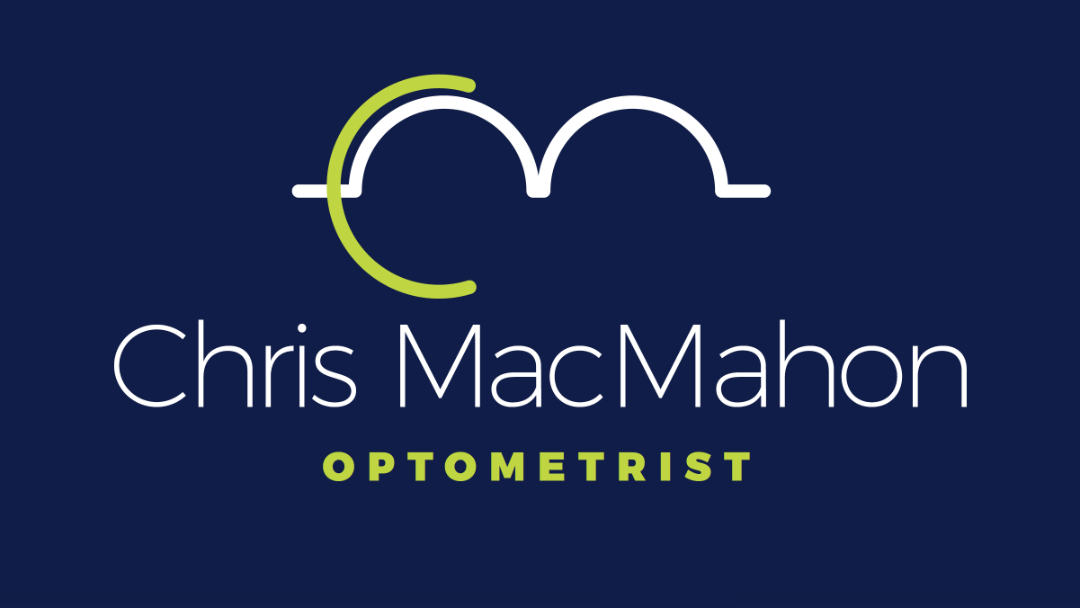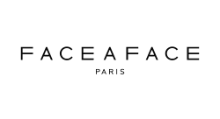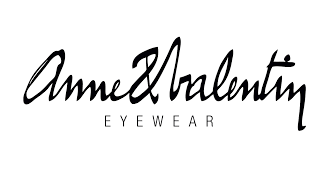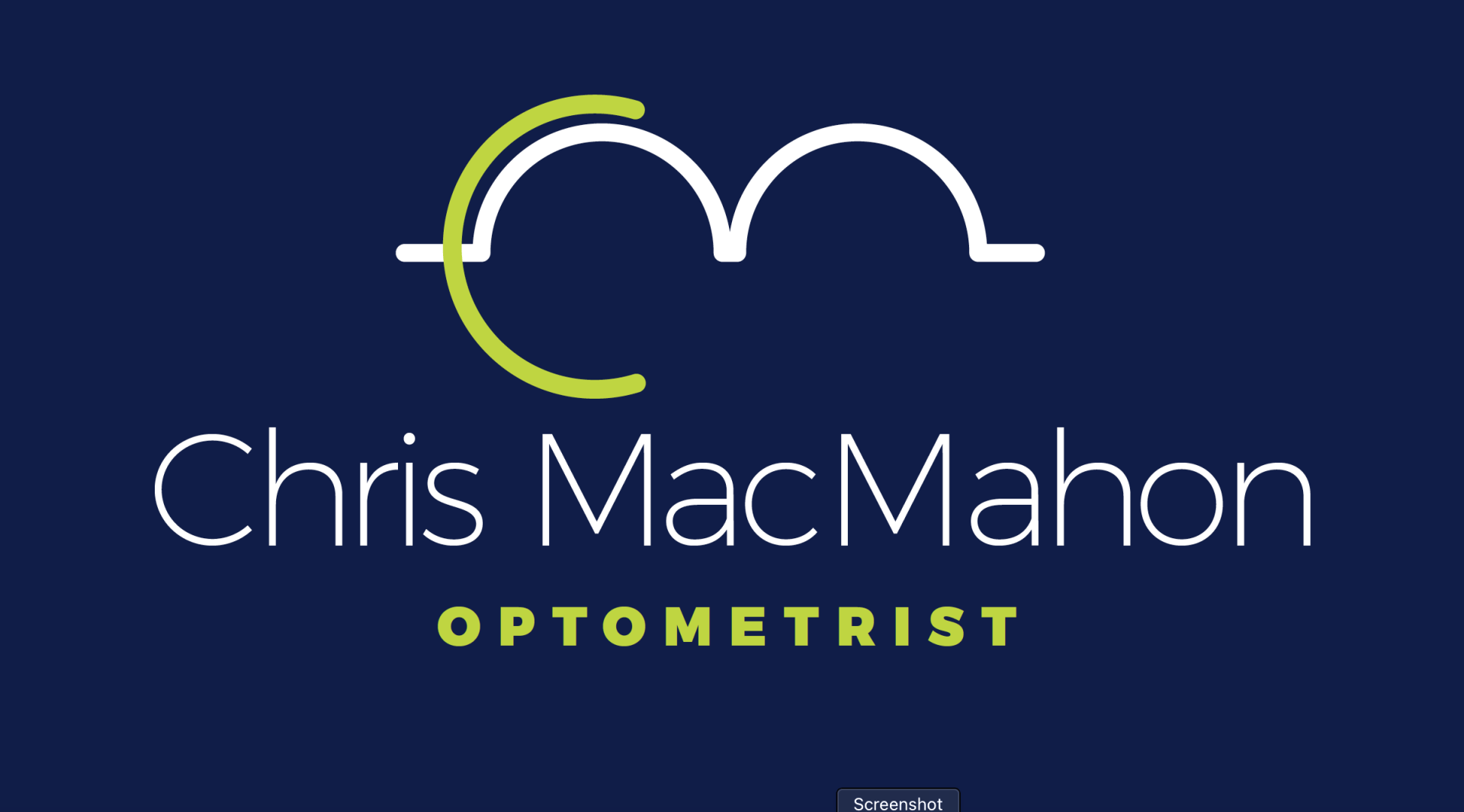Wake up and See: What is Orthokeratology?
Wake up and See
Orthokeratology, commonly known as Ortho-K, is an exciting and innovative method to correct vision.
However, for many, it's a relatively new concept. Learn more about OrthoK from our Optometrist, Chris MacMahon.
Q: What exactly is Orthokeratology (Ortho-K)?
A: Orthokeratology, often abbreviated as Ortho-K, is a non-surgical procedure that involves wearing specially designed gas permeable contact lenses overnight.
These lenses temporarily reshape the cornea (the clear front surface of the eye) to improve vision.
When you wake up and remove the lenses, you can see clearly without needing glasses or contact lenses during the day.
Q: How Does Ortho-K Work? How do these lenses reshape my cornea?
A: Ortho-K lenses are designed based on the specific measurements of your cornea.
When worn overnight, these lenses gently and gradually mould the cornea into a new shape.
This reshaping adjusts how light enters your eye, allowing it to focus correctly on the retina, which improves your vision.
Q: Who is a good candidate for Ortho-K?
A: Ortho-K is primarily used to correct myopia (near-sightedness), but it can also address mild to moderate astigmatism and hyperopia (farsightedness). It's an excellent option for individuals who:
- Are not good candidates for refractive surgery like LASIK.
- Prefer not to wear glasses or contact lenses during the day, such as athletes or individuals with active lifestyles.
- Are children or adolescents whose myopia is progressing.
Q: Is Orthokeratology a safe treatment?
A: Yes, Ortho-K is considered safe when prescribed and monitored.
Like all contact lenses, there is a risk of eye infections, but this risk is minimized with proper lens care and hygiene. Regular follow-ups with Chris are essential to ensure your eyes remain healthy.
Q: What does the Ortho-K fitting and treatment process involve?
A: The process begins with a comprehensive eye examination, including corneal topography to map the surface of your cornea. Chris will use this data to design custom Ortho-K lenses.
After receiving your lenses, you'll need to wear them each night and attend follow-up visits to monitor your progress and ensure the lenses fit correctly.
Q: How quickly will I see results?
A: Many patients notice an improvement in their vision within the first few days of wearing Ortho-K lenses.
However, it may take one to two weeks for your vision to stabilize completely. Consistent nightly wear is essential to maintain the vision correction.
Q: What are the advantages of choosing Ortho-K over other vision correction options?
A: The benefits of Ortho-K include:
- Clear daytime vision without the need for glasses or contacts.
- Non-surgical and reversible nature.
- Potential to slow the progression of myopia in children and adolescents.
- Suitable for people who cannot undergo LASIK or other refractive surgeries.
Q: What are the potential drawbacks or limitations of Ortho-K?
A: Some potential downsides include:
- The need for meticulous lens care and hygiene.
- Initial adaptation period where discomfort or vision fluctuations may occur.
- The ongoing cost of lens replacement and follow-up visits.
- Not suitable for everyone, especially those with certain eye conditions or severe prescriptions.
Q: What is the cost of Orthokeratology?
A: The cost of Ortho-K can vary widely depending on the complexity of your prescription and eye needs. On average, the initial fitting and lenses costs $1400. It's essential to discuss all costs upfront with Chris.
Q: Is Ortho-K worth considering?
A: If you desire freedom from daytime glasses or contact lenses and are looking for a non-surgical vision correction method, Ortho-K might be an excellent option for you. Ask Chris if Ortho-K is suitable for your specific needs and lifestyle.
We hope this Q&A has provided you with a clearer understanding of Orthokeratology.
If you have more questions or are interested in exploring this treatment, schedule an appointment with Chris today!
You might also like
